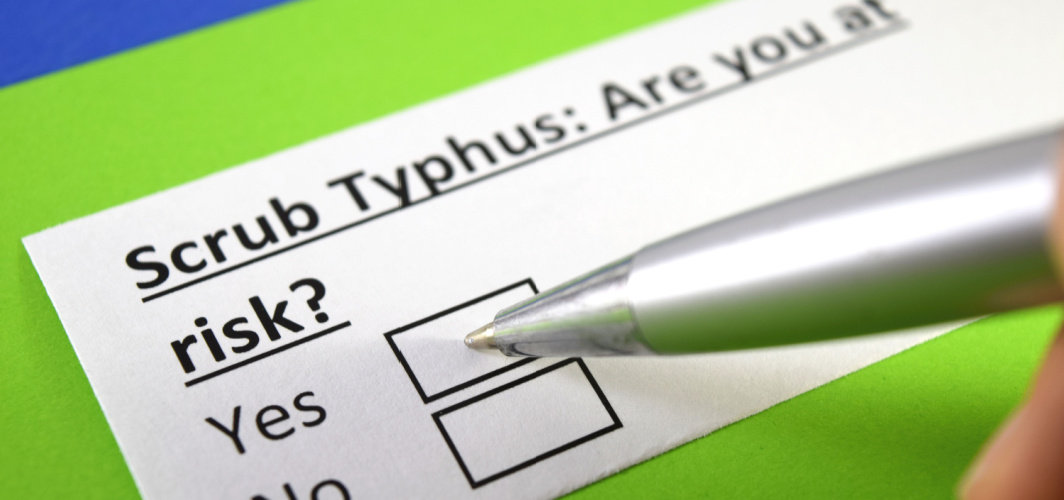- Home
- Blog
- General Health
I-Pill: Indications, How to Use, Side-Effects
General Health
I-Pill: Indications, How to Use, Side-Effects
By Apollo Pharmacy, Published on- 25 September 2023, Updated on -07 April 2025
Share this article
0
0 like

In today's fast-paced world, where sexual health and family planning are important concerns, it is crucial to have access to safe and effective emergency contraception methods. One such method is the I-Pill, which has gained popularity as a reliable option. Understanding the indications, proper usage, and potential side effects of the I-Pill is essential for making informed decisions about contraception and protecting one's reproductive health. Learn more about how to take I pill and I pill works for how many days.
What is I-Pill?
The I-Pill is a brand name for an emergency contraceptive pill that is used to prevent pregnancy after unprotected intercourse or contraceptive failure. Also known as the emergency contraceptive pill or the 'morning-after' pill, the I-Pill is a popular form of contraception used by women in India. It is a single-pill dosage that contains hormones to prevent pregnancy when taken within 72 hours of unprotected intercourse or contraceptive failure.
1. When is Emergency Contraception Necessary?
Emergency contraception may be necessary in the following situations:
- Unprotected sexual intercourse
- Condom breakage or slippage
- Sexual assault
2. Role in Preventing Unwanted Pregnancies
It is important to note that the I-Pill should not be used as a regular method of contraception, as it is less effective than other forms of birth control. However, when used correctly and within 72 hours (ideally within 24 hours) after unprotected sex, it can significantly reduce the risk of pregnancy. The pill contains levonorgestrel, a hormone that helps prevent pregnancy by inhibiting ovulation and fertilisation.
3. Failure/Inadequate Use of Regular Contraception
The I-Pill is indicated for various scenarios, such as the failure or inadequate use of regular contraception methods. Let's discuss some situations where this may occur:
- Forgetting to take birth control pills regularly
- Missed contraceptive injections
- Expired or damaged barrier contraceptives
How to take I Pill?
Using the I-Pill or any emergency contraceptive pill correctly is essential for its effectiveness in preventing pregnancy.
1. Timing and Dosage
The I-Pill should be taken as soon as possible after unprotected sex, ideally within 72 hours. It is most effective when taken within 24 hours.
The recommended dosage is one tablet, which is to be swallowed whole with water.
2. Tips for Optimal Effectiveness
Here are some tips for optimal effectiveness:
- Take it as Soon as Possible: The sooner you take the I-Pill after unprotected sex, the more effective it is at preventing pregnancy.
- Not a Regular Contraception: The I-Pill is intended for emergency use only and should not be used as a regular form of contraception. If you are sexually active, consider using a reliable method of contraception such as condoms or hormonal birth control pills.
- Follow the Instructions Provided in the Box: It is essential to carefully read and follow the instructions provided by the manufacturer or healthcare professional. The packaging will provide detailed information on dosage, timing, and any precautions or contraindications.
I Pill Side Effects
Understanding the potential side effects that may occur after taking the I-Pill is essential. By being aware of these I pill side effects, you can make informed decisions and manage any discomfort that may arise.
1. Common Side Effects (Mild)
Some common I Pill side effects are:
- Nausea: Some women may experience a feeling of nausea after taking the I-Pill. This is a temporary side-effect and usually subsides within a few hours.
- Headache: Headaches are another common side-effect of the I-Pill. They are generally mild and go away on their own without any specific treatment.
- Breast Tenderness: Some women may notice breast tenderness or sensitivity after taking the I-Pill. This is also a temporary side-effect and should resolve within a few days.
It is important to note that these common side effects are generally mild and short-lived. They should not cause significant concern or discomfort. However, if you experience severe or persistent symptoms, it is advisable to consult a healthcare professional for further evaluation and guidance.
2. Rare but Serious Side Effects (Severe)
In rare cases, the I-Pill can cause more severe side effects that require immediate medical attention. These include:
- Allergic Reactions: Some women may experience an allergic reaction to the I-Pill, which can cause symptoms such as swelling of the face, lips, tongue, or throat; difficulty breathing; or hives.
- Ectopic Pregnancy: In very rare cases, the I-Pill may fail to prevent pregnancy and instead result in an ectopic pregnancy. This is a serious condition where the fertilised egg implants outside the uterus, usually in the fallopian tubes. It requires immediate medical intervention.
- Thromboembolism: The I-Pill contains a hormone that can increase the risk of blood clots forming in the veins. In rare cases, these blood clots can travel to other parts of the body, such as the lungs (pulmonary embolism), which can be life-threatening.
- Liver Dysfunction: Although extremely rare, there have been reports of liver dysfunction associated with the use of the I-Pill. Symptoms may include yellowing of the skin or eyes (jaundice), abdominal pain, or dark urine.
Precautions and Considerations
When considering the use of the I-Pill or any emergency contraceptive pill, it's important to take certain precautions and considerations into account to ensure its safe and effective use:
1. Interactions with Drugs
I-Pill may interact with certain medications, such as:
- Anticonvulsants
- Antiretrovirals
It is important to seek medical advice before taking I-Pill if you are currently taking any other medications.
2. Medical Conditions and Risks
It is important to note that while the I-Pill is generally safe and effective, there are certain medical conditions that may increase the risk of complications. These conditions include:
- Liver disease
- Cardiovascular disorders
- Certain hormonal imbalances
If you have any of the above conditions, it is advisable to consult with a healthcare professional before using the I-Pill. They can assess your individual circumstances and determine whether the I-Pill is suitable for you.
Conclusion
In conclusion, while the I-Pill can be a useful option for emergency contraception, it is important to remember that it is not without its side effects and limitations. For personalised guidance and advice on contraception, it is always best to consult with a healthcare professional. Moreover, it is important to note that the I-Pill is not meant to be used as a regular form of contraception. It is only designed for occasional use in emergency situations. If you find yourself needing to use emergency contraception frequently, it is recommended to consult with a healthcare professional to explore more reliable contraceptive options. For more information on how to take I pill or I pill works for how many days, consult a gynaecologist.
Services
General Health
Frequently asked questions
Common side effects of the I-Pill include nausea, vomiting, fatigue, breast tenderness, irregular bleeding, and headache. These symptoms usually subside on their own and are not harmful. If you experience severe or persistent symptoms, it is advisable to consult a healthcare professional.
No, I- Pill should not be used as a regular method of contraception. It is intended for emergency use only and not as a substitute for regular birth control methods. If you are sexually active and do not wish to become pregnant, consult a healthcare professional for guidance on suitable contraceptive options.
It is important to follow the instructions provided with the medication. Generally, you need to take one tablet orally with water. Some women may experience nausea after taking the pill, so it is recommended to take it with food.
No, the I-Pill does not have any long-term effects on fertility. It only provides temporary contraception and does not affect future pregnancies.
Yes, I-Pill is available without a prescription at most pharmacies in India. However, it is recommended to consult a healthcare professional for guidance on its appropriate use and other contraceptive options.
Leave Comment
Services
Recommended for you

General Health
Scrub Typhus: Cause, Symptoms, Treatment, Prevention
Scrub typhus is a bacterial infection characterized by symptoms such as high fever, headache, and rash, with severe cases potentially leading to organ failure. Prevention involves insect repellents and hygiene measures, as there is no vaccine available. Early diagnosis and medical attention are crucial to reduce the risk of complications.
.jpg?tr=q-85)
General Health
Orofer XT Tablet: How It Helps in Treating Iron Deficiency?
Orofer XT Tablet is a supplement that helps you gain optimal iron levels. In this article, you will get to know about how Orofer XT works, its benefits, dosage, potential side effects, and tips to make the most of your treatment.

General Health
5 Step Skin Care Routine For A Natural Glow
Having a daily skin care routine at home is crucial for achieving and maintaining glowing skin. Discover a comprehensive skin care routine for a natural glow. From cleansing to moisturizing, this blog provides expert tips and guidance for healthy and radiant skin.
Subscribe
Sign up for our free Health Library Daily Newsletter
Get doctor-approved health tips, news, and more.

